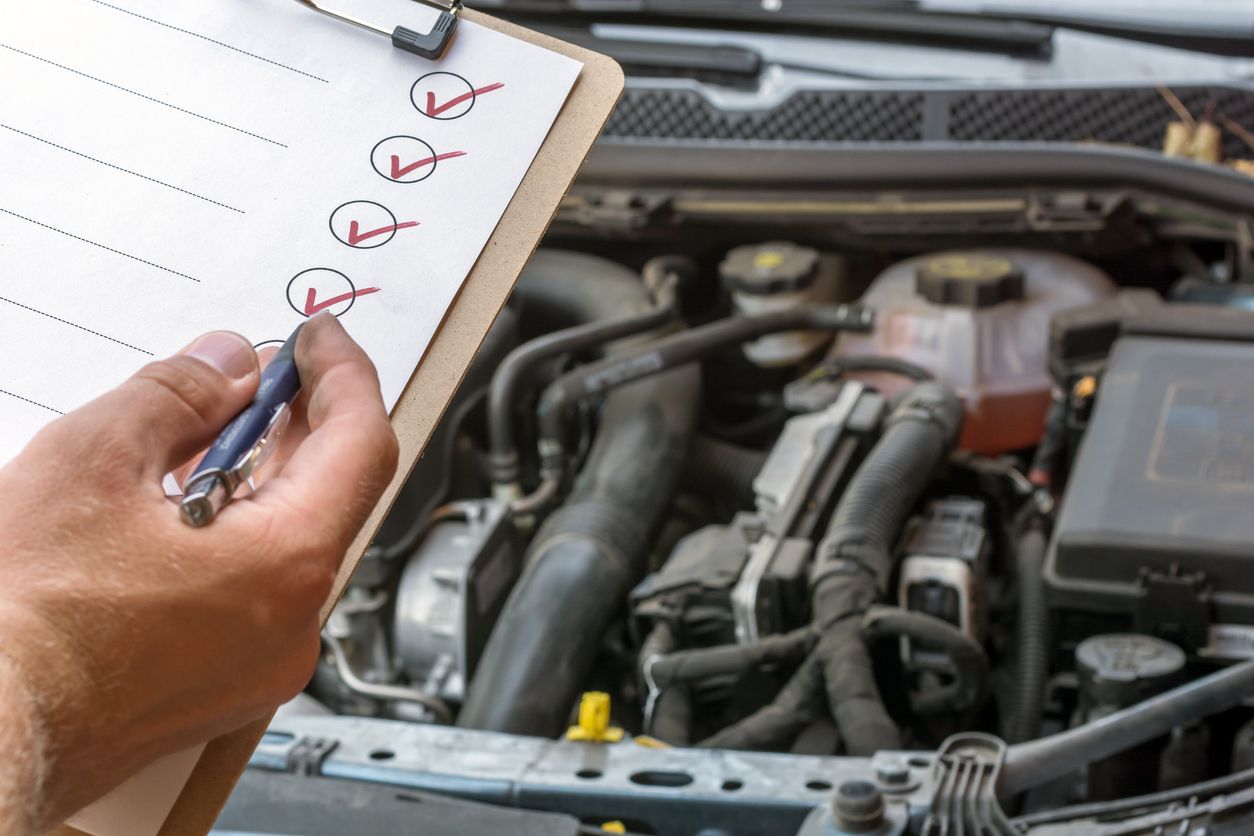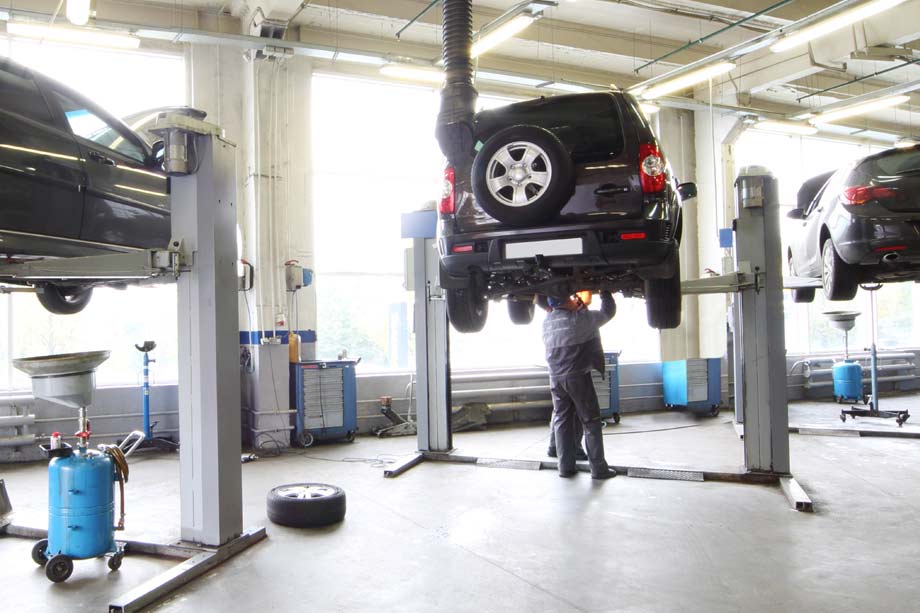All Categories
Featured
When your vehicle experiences a significant breakdown, the price of repairs can be a daunting economic factor to consider. Whether it's the failing of a critical system like the engine or transmission, or the demand for comprehensive repair services to different parts, understanding the factors that influence repair work costs can aid you make more informed choices. Listed below, we detail the vital factors that add to the cost of significant cars and truck fixings.
![]()
![]()
![]()
Final thought. Numerous aspects influence the cost of significant automobile fixings, consisting of the type of repair, the make and design of your car, the quality of the components utilized, labor fees, and the degree of the damages. Comprehending these variables can aid you make even more educated choices and strategy for the monetary effects of automobile fixings.

- Kind of Fixing. The primary element influencing the cost of car fixings is the type of concern your vehicle is experiencing. Particular systems in a car, like the engine or transmission, call for more time to fix and diagnose, which straight translates right into greater labor fees.
- Lorry Make and Model. The make and model of your automobile plays a significant function in identifying fixing costs. Deluxe autos and high-performance automobiles like BMWs, Audis, or Mercedes-Benz tend to have greater repair service prices because of their specialized components, progressed innovation, and the expertise required for their fixing. The schedule of parts can also raise the rate; parts for international or rare models are frequently extra costly to source than those for residential vehicles like Ford or Chevrolet. In addition, some vehicles, especially those with one-of-a-kind or sophisticated systems, may need specific auto mechanics or devices, including to the total repair service expense.

- Parts High Quality and Schedule. The quality of the components used in the repair work considerably influences the cost. Initial Tools Supplier (OEM) parts are normally much more costly than aftermarket parts since they are created particularly for your automobile and are guaranteed to satisfy factory criteria. While OEM parts make sure top quality and toughness, they commonly feature a higher rate tag. Aftermarket parts may be less costly but can vary in top quality. Sometimes, cheaper aftermarket components might decrease the general fixing price, yet they may not give the very same long life as OEM parts, which might result in added repairs down the roadway. The accessibility of parts, especially for older or rare vehicles, can likewise impact the price. If components are hard to discover, it may take longer to complete the repair service, leading to higher labor costs.
- Labor Costs. Labor is among the largest expenditures when it pertains to automobile repairs. Mechanics typically bill by the hour, and repair times can vary depending on the complexity of the issue. Some repairs, such as engine overhauls or transmission repairs, might need numerous hours or perhaps days of labor, significantly increasing the overall expense. Labor rates additionally depend on the place of the service center-- auto mechanics in metropolitan locations or high-demand places may bill higher prices as a result of the expense of living and overhead. Additionally, specialized repairs for facility systems may require even more seasoned professionals, whose hourly rates have a tendency to be higher.
- Level of the Damage. The level of the damages is another critical element affecting repair prices. If the damage is confined to one part of the car, such as a broken generator or faulty brake pads, the fixing will usually be much less costly.
- Automobile Age and Condition. The age and general condition of your vehicle play a significant function in the cost of repair work. Older cars are a lot more likely to experience deterioration, causing more constant and potentially more costly repair work. As automobiles age, certain parts, such as the suspension or exhaust system, might become much more susceptible to failing. Additionally, discovering components for older models can be expensive and tough, especially if the producer no longer creates those parts. Properly maintained cars often tend to have lower fixing costs since their systems are in far better working condition, needing less and less costly repair services.
- Store Area and Reputation. The repair store you pick can likewise affect the price of your fixings. Furthermore, repair stores that specialize in particular brand names or kinds of repairs may bill much more for their experience.

- Warranty and Insurance Coverage Coverage. If your auto is still under guarantee, significant repair work might be covered, which can substantially reduce your out-of-pocket expenditures. Some expanded guarantees or solution agreements may likewise provide insurance coverage for particular kinds of repair services, like engine or transmission failure. Furthermore, if the damage is brought on by a mishap or outside variable, your car insurance coverage may cover the repair expenses, less any type of insurance deductible. Constantly consult your guarantee company or insurer to see if the problem is covered, as this might save you a substantial quantity of money.
Final thought. Numerous aspects influence the cost of significant automobile fixings, consisting of the type of repair, the make and design of your car, the quality of the components utilized, labor fees, and the degree of the damages. Comprehending these variables can aid you make even more educated choices and strategy for the monetary effects of automobile fixings.
Latest Posts
Experience Coastal Sophistication at Deauville Inn
Published Apr 11, 25
1 min read
Experience the Boogaloo: Eating, Drinks, & Sports at FunCity Hotel
Published Feb 09, 25
2 min read
Experience the Boogaloo: Dining, Drinks, & Sports at FunCity Hotel
Published Feb 08, 25
2 min read